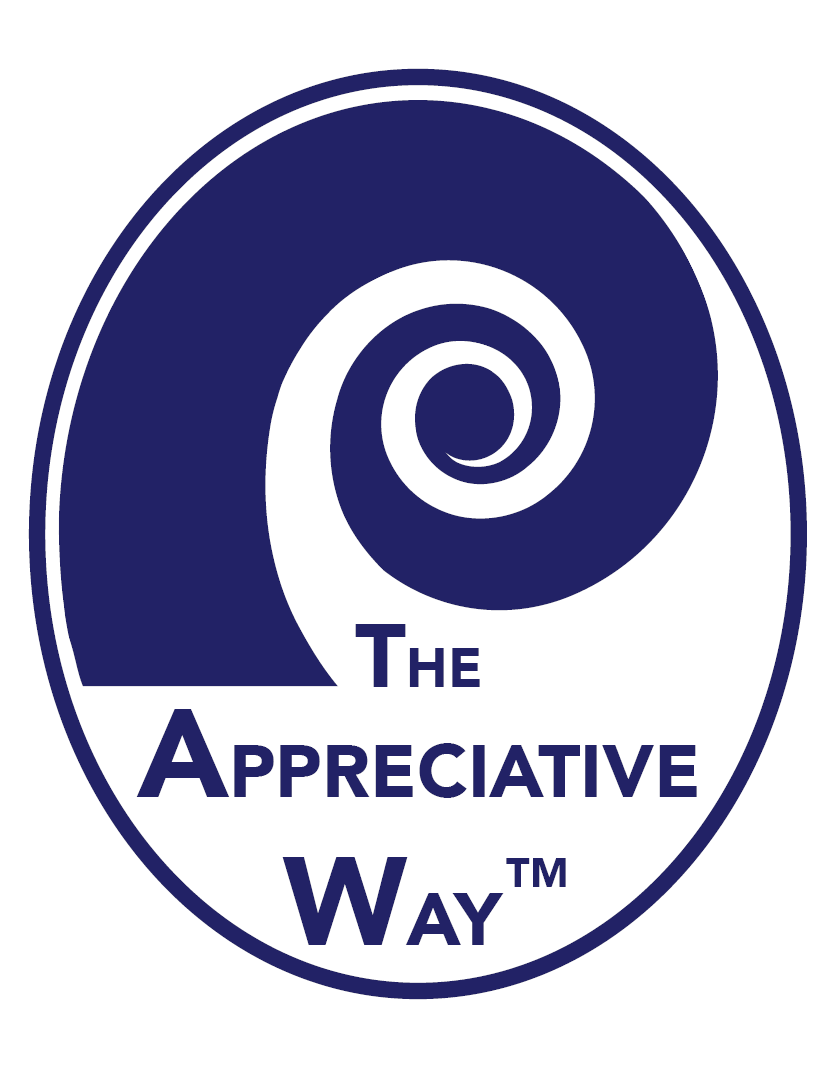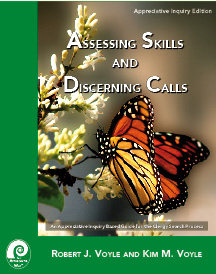

Clergy Search Resource
Over 380 pages of detailed strategies to Assess clergy skills and Discern Calls.
Now available as an online library.
What Clients Say
Rob Voyle was invaluable to making our search process a success. He led the committee members in Appreciative Inquiry exercises to build up the relationships of the team members and to begin to articulate some common understandings of the core values of our diocese.
Rob coached us to keep a clear perspective of what we had discerned as the skills and gifts necessary for our next bishop and to let this guide our work. He was also at the other end of the telephone or email when specific issues came up that would be helped by his experience and knowledge.
Joanna Shreve, Co-Chair Diocese of El Camino Real Bishop Search Committee
Rob's combination of organizational savvy, teaching skills, theological & spiritual integration, and ability to rapidly build supportive, learning communities is quite simply the best in any of the churches today.
Gray Temple, Episcopal Priest, Author & Coach
The Authors
Rob Voyle
The Rev. Dr. Rob Voyle is a leader in the development and use of appreciative inquiry in church and coaching settings.
Rob's Approach to Training
- Helpful: Training must provide practical, sustainable solutions for today's challenges.
- Humorous: Creativity and humor go together as people enjoy new insights.
- Healing: I create opportunities for people to experience transformational insights that lead to new ways of living, working, and being in the world.
>>
See more on Rob's
Helpful, Humorous, Healing
approach to training.
Kim Voyle
Dr. Kim Voyle has extensive experience in career counseling and personnel selection and is a leader in the adaptation of assessment center strategies to the clergy search process.
She is available for Career Coaching and Counseling.
Stay Connected
Receive The Appreciative Way our Free Email Newsletter
and receive advance notice of future programs.
Privacy: We never rent, sell, or share your email.
Assessing Skills and Discerning Calls
380 pages now available in online library:
|
Clergy Search Resources |
|
| Purchase Subscription to the Online Search Resources |
Assessing Skills and Discerning Calls
Listen to Rob Voyle present an overview of the Assessing Skills and Discerning Calls.
| Play Audio: |
 |
|
Save Time While You Empower Your Search Committee
Congregations can subscribe to a comprehensive set of Appreciative Inquiry based resources to accomplish the following search process steps:
- Initiate a Transitional Ministry to create a solid foundation for conducting their search.
- Establish a clear sense of vision and purpose for the congregation.
- Establish the search criteria to help the congregation achieve their vision.
- Assess candidates abilities with respect to the search criteria.
- Discern a call from a qualified list.
Assessing Skills and Discerning Calls provides detailed strategies to achieve each of these steps.
See below for more detail on each of these steps
Appreciative Inquiry Version
The philosophical foundation of and the search strategies in Assessing Skills and Discerning Calls are all based in Appreciative Inquiry.
From an Appreciative perspective the focus of the search is on discovering:
- What is the best we can do as a congregation?
- What is the best this candidate can do?
- Can the congregation and the candidate call forth and equip each other to be their best?
In addition to providing extensive resources to facilitate these steps Assessing Skills and Discerning Calls also includes a substantial introduction to the Appreciative Way of thinking. This positive, life-giving approach informs every aspect of the search process.
>>
The Appreciative Way and the Search Process
Episcopal and Protestant Versions
The current version was written with the language and practices of the Episcopal church in mind. A "generic" Protestant language version is being developed to be used in any congregational setting that uses a clergy call search process rather than a clergy appointment process.
Within the Episcopal and the Protestant denominations there is both considerable commonality and differences within the denominations and between the denominations. What we have created is a process that will equip a congregation, regardless of denomination, to design their own process to meet their needs, rather than a "canned" search.
Price Based on Your Congregation's Size
Individual congregations can purchase a non-transferable subscription, to access, download, and print any portion of the search library for their congregation's use. The subscription is valid for two years from the date of purchase
Subscription Rate to Access Search Resources: $1:00 per worshiper, based on average attendance.
To determine average worship attendance consider the following:
- How many Sunday Services do you have?
- Do you have other weekend services such as a Saturday Evening service?
- On average, what is the combined number of people that attend worship at your church over a weekend?
These are figures that you provide in your denominational profile and that you will report in your congregation's profile.
The total price is capped at $400.
Diocese/Synod/Conference Version for Bishop or Adjudicatory Staff selection
Dioceses, Synods, or conferences can subscribe to the library of search resources for their search for a Bishop or Conference Minister. The cost is $400.
Individual Copies of Assessing Skills and Discerning Calls for Consultants
Individual Search Consultants can purchase a hard copy of the entire search manual with restricted copyright permissions for $150.
The Five Important Steps
These steps are based on our theological perspective of the search process.
>> Theological Perspectives of the Search Process
Too often congregations focus all their attention on what they want in their next pastor. Following conflict the attention is often focused on what the congregation "doesn't want" in their next pastor.
The following steps are designed to place the search in the wider context of the congregations life and work and not simply on the next minister.
- Are You ready for a search? Create a solid foundation for conducting your search.
In the midst of transition anxiety may arise, or the congregation may already be embroiled in conflict, or the congregation may need to do significant development work before calling a settled pastor. In these circumstances attention and effort needs to be focused on resolving these issues by creating and achieving clear goals during the transition time before the search can be engaged.
If these issues are not resolved before the search the congregation is unlikely to wisely and lovingly discern a call. It is impossible to discern the will of the Loving God when we are in a state of anxiety or conflict.
- Establish a clear sense of vision and purpose for the congregation.
First things first: Too often congregations focus on what they want in a pastor not on what they are called to be as a congregation.
Ask not what your pastor can do for you.
Ask what you can do for your community and then ask:
What do we need in a pastor to help us do that? - Establish the search criteria to help the congregation achieve their vision.
If you don't know what you are looking for, you won't know when you find it.
Having clear agreed to search criteria will reduce the possibility of search committee conflict over candidates based solely on personal preferences that are unrelated to the congregation's overall goals and vision.
>> Appreciative Inquiry, Surveys and Congregational Profiles
- Assess candidates abilities with respect to the search criteria.
This is the objective assessment of skills that is essential to ensure that the candidate can actually do the job to which they may be called. This must be done before you discern whether someone is called to the position.
For example, before you discern whether someone is called to be your preacher you need to know whether the person can preach.
- Discern a call from a qualified list.
This is the subjective discernment to determine whether a qualified candidate is called to your specific congregation. This requires a very different set of questions than assessing skills
For example, if you have assessed the candidate as a competent preacher then the discernment question is about whether you and the people of the congregation will hear God's Spirit in this person's preaching.
Compare the Preaching Skills Assessment and the Preaching Discernment to understand the different questions that need to be asked when assessing skills and discerning a call.
Transition Ministry and Search Consultant Training
We also provide extensive training in:


